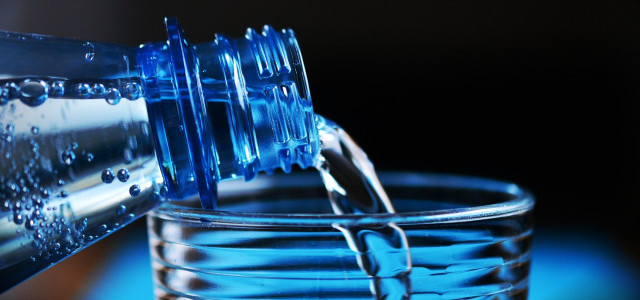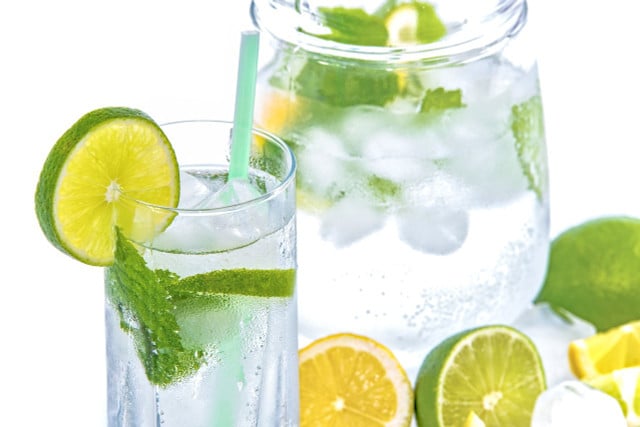
Dehydration can have serious consequences. It is therefore important to recognize symptoms of dehydration in good time. Here you can also find out what causes and helpful treatment methods are.
Causes of dehydration
About two thirds of our body consists of water. In order for metabolic processes, nutrient absorption and cell renewal to function smoothly, you must drink enough water.
The body becomes dehydrated when you either don’t drink enough water or your body has lost a lot of water, for example through excessive sweating.
How much water a person needs varies from person to person. An average of 2.5 liters a day is recommended for men and 2 liters for women. However, these are only guidelines.
You also get water from the food you eat. Adding that to your daily consumption of pure water to drink, 3.7 liters is recommended for men and 2.7 for women.
Your body has an increased need for water
- on hot days
- if you do sports or other sweaty activities
- when you are in overheated rooms
- when you are sick
- if you are pregnant or breastfeeding
Children in particular need to drink enough water. Your body is made up of even more water than that of an adult. Their water requirements are therefore increased. In addition, children usually move more. Even small children should therefore drink at least one liter of water a day.
symptoms of dehydration
Signs of a dehydrated body are:
- thirst
-
dizziness and circulatory problems
- Headache
-
tiredness and problems concentrating
- confusion (especially in older people)
-
increased body temperature (since water is responsible for regulating it)
- a limited capacity
- a dry tongue and oral mucosa
- a hoarse voice
- lack of skin tension
The body can compensate for minor losses of water itself. If you don’t drink enough water over a long period of time, the symptoms may be more severe. Radical dehydration (losses of ten percent or more of the water in the body) can be life-threatening.
How to stay hydrated

(Photo: CC0 / Pixabay / PhotoMIX Company)
Best suited as thirst quenchers
- Water
- unsweetened tea
- juice spritzer
You should not cover your daily needs with sugary or caffeinated drinks. Caffeine stimulates the body and should be consumed more as a stimulant than as a thirst quencher.
Tips and Tricks:
- Drink at least one glass of water or one cup of tea with every meal.
- Regularly refill your glass or mug with a new drink.
- Drink water after any physical activity.
- Spice up your water with lemon, mint, ginger or similar to create a new taste. Also see: Infused Water: Tasty Recipes and Ideas.
- Keep a bowl of water or another thirst quencher within reach at your desk or while watching TV.
- If your urine is clear, it indicates that you are drinking enough.
Under normal circumstances, you are unlikely to get dehydrated, you usually get thirsty automatically. If you’re showing symptoms of dehydration, there may be a more serious health issue behind it. You should therefore seek medical advice.
Read more on Utopia:
- Drink tea – but properly
- Tap water instead of plastic bottles!
- Make elderflower syrup yourself: a quick recipe